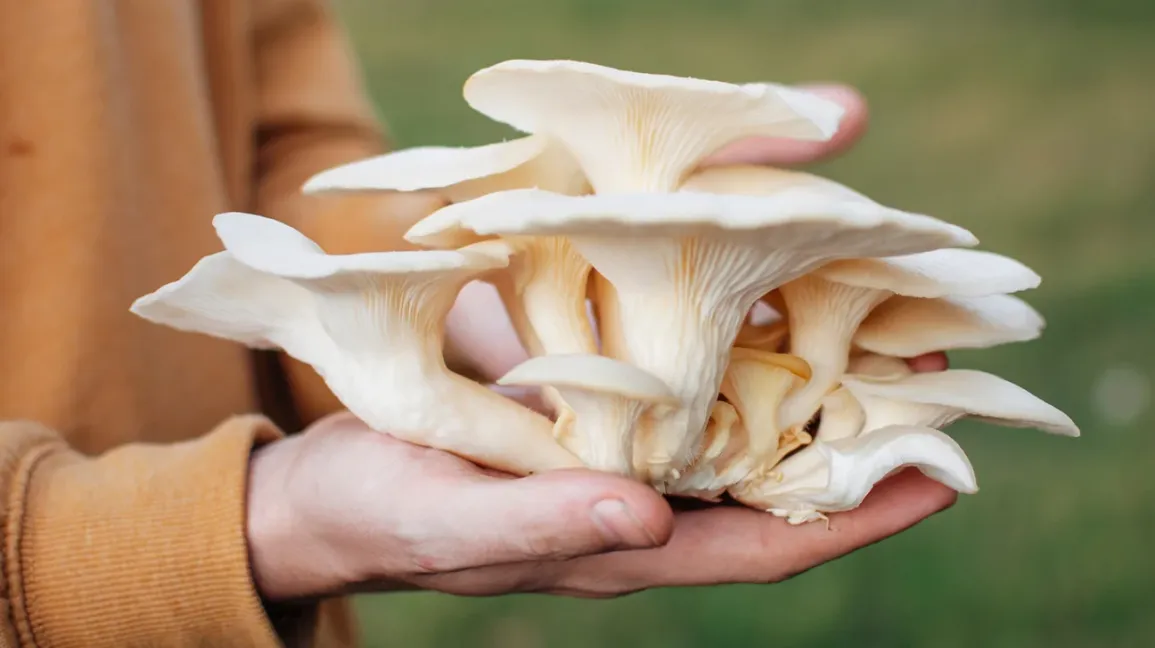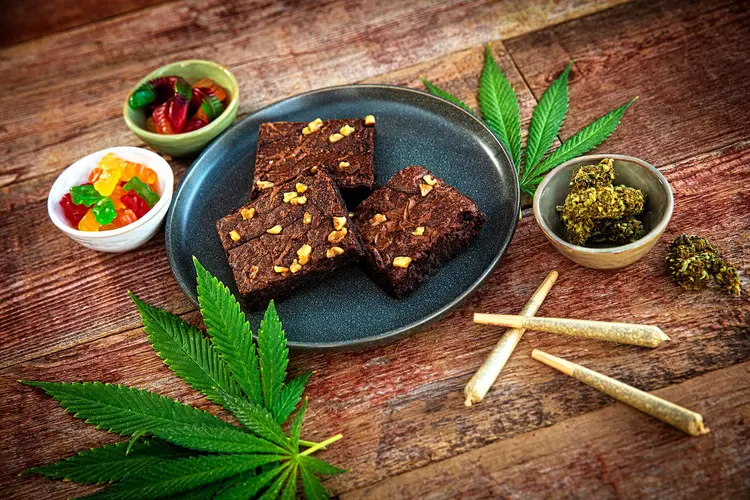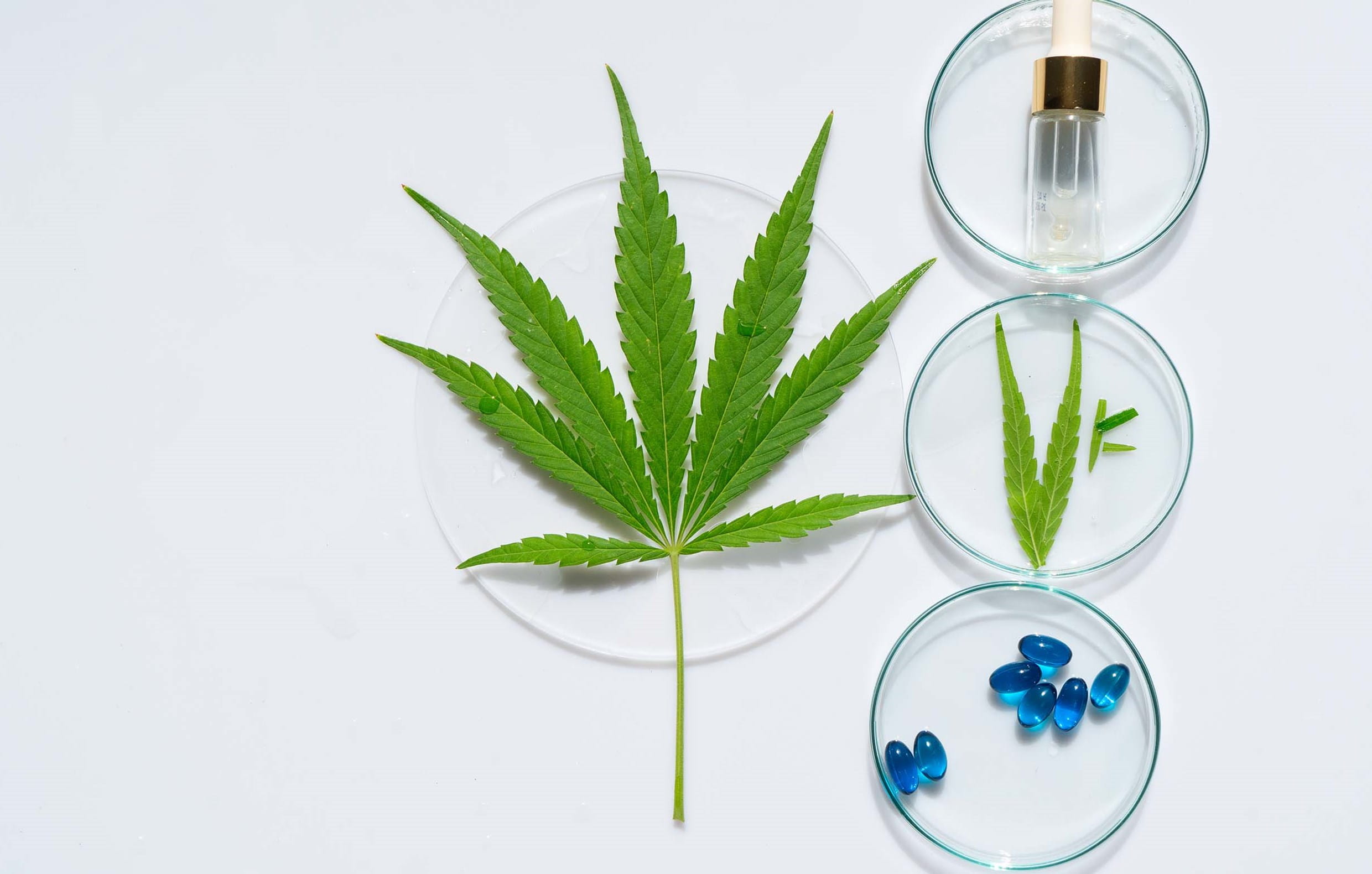
Designing a THC Edible Routine: Strain, Dose, and Daily Intentions
In the world of cannabis wellness, THC edibles have become a go-to option for people seeking a balanced, long-lasting experience.
FREE SHIPPING ON ORDERS OVER $99 | 10 points = $1

Cannabis has long been associated with altering perception, mood, and memory. Among its many compounds, tetrahydrocannabinol (THC) stands out as the primary psychoactive ingredient responsible for the “high” that users experience. While THC’s effects on short-term memory have been widely studied, its impact on emotional memory—the way we encode, store, and recall emotionally charged events—has become a growing area of scientific interest.
Emotional memory refers to our ability to remember events that carry strong emotional weight—whether joyful, traumatic, or fearful. Unlike neutral memories, emotionally intense experiences often leave a deeper imprint on the brain, making them easier to recall even years later.
This process involves several key brain regions:
Because THC interacts with the endocannabinoid system (ECS)—which influences all three of these brain regions—it has the potential to reshape how emotional memories are formed and recalled.
THC binds primarily to CB1 receptors in the brain, which are abundant in the hippocampus and amygdala. This binding alters how neurons communicate, particularly in relation to dopamine and glutamate signaling.
Together, these effects suggest THC can modify not just the accuracy of memory, but also the emotional intensity tied to those memories.
One of the most discussed aspects of THC and emotional memory is its potential in reducing the emotional intensity of traumatic events.
Individuals with post-traumatic stress disorder (PTSD) often struggle with intrusive memories and flashbacks. Early research suggests that THC may help by dampening the emotional charge associated with these memories, making them less overwhelming when recalled.
By reducing amygdala activity, THC may blunt the stress response to negative memories. This could be useful for people who are hypersensitive to emotional triggers.
Some studies indicate THC may aid “extinction learning”—the process of weakening the link between a stimulus and a traumatic response. This has implications for therapies targeting phobias and anxiety.
While THC may ease the emotional burden of certain memories, it also carries risks.
Frequent cannabis use is linked to difficulties with short-term and working memory. For some, this could spill over into long-term recall, leading to gaps or distortions in personal history.
THC doesn’t selectively dull only negative memories—it may also reduce the vividness of joyful or meaningful experiences. This “emotional flattening” could affect quality of life over time.
Some individuals may rely on cannabis as a coping mechanism for painful memories, which raises the risk of dependency and avoidance rather than healing.
It’s important to distinguish between THC and cannabidiol (CBD). While THC tends to alter emotional memory through intoxication, CBD appears to influence it more subtly. Research suggests CBD may reduce anxiety and improve emotional regulation without impairing memory function. Some people find that a balanced THC:CBD ratio provides therapeutic benefits while minimizing cognitive downsides.
Research on THC and emotional memory remains in its early stages, but several trends are emerging:
Overall, the effects appear dose-dependent and context-specific. Small amounts of THC may help regulate emotional recall, while higher doses can cause memory distortions.
For those considering cannabis for emotional memory management, a cautious approach is essential:
Yes—THC does appear to influence emotional memory, but its effects are complex and double-edged. For some, it offers relief from the weight of traumatic experiences, helping soften emotional triggers and reduce distress. For others, it risks blunting positive memories, distorting recall, and impairing overall cognitive function.
As research progresses, THC may become a valuable tool in therapeutic contexts, particularly for PTSD and trauma. But until science provides clearer guidelines, cannabis users should approach THC’s impact on emotional memory with mindful caution, medical guidance, and an awareness of both its potential and its pitfalls.

In the world of cannabis wellness, THC edibles have become a go-to option for people seeking a balanced, long-lasting experience.

For centuries, creative minds have sought ways to unlock inspiration, enhance focus, and break free from mental blocks. Cannabis has